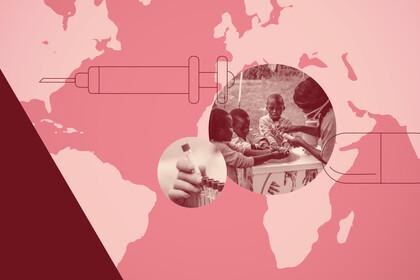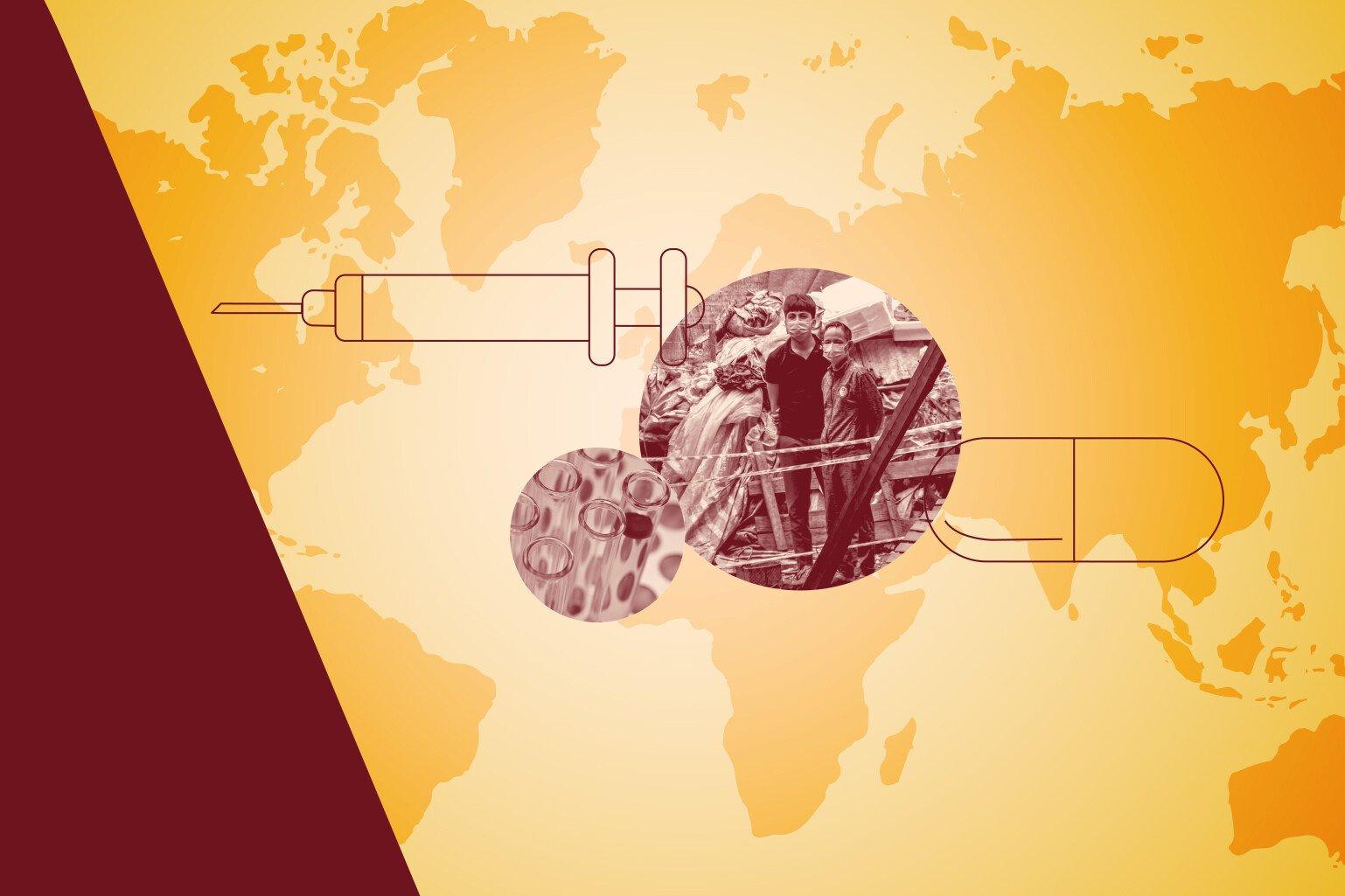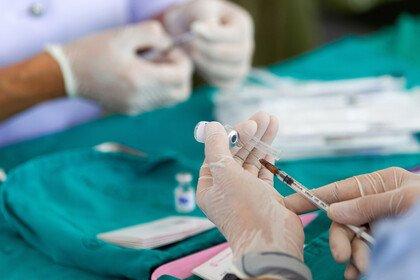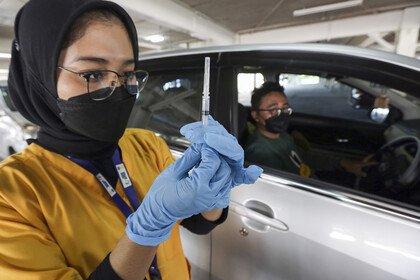
Africa must produce its own vaccines – it’ll need investment in regulation to get there
Africa has ambitions to produce its own vaccines, but it will take a robust regulatory system to achieve this. With investment in key areas, African countries can take more control of the production of medical products that will protect people’s health.

African countries are aiming for 60% of their vaccine supply to be produced in Africa by 2040. But right now, just 1% are made in Africa.
Regulation for vaccines across Africa is still limited, despite significant progress in the last decade to strengthen regulatory systems, according to our report.
A treaty to establish the African Medicines Agency (AMA) came into force after 15 Member States ratified it on 5 November 2021. The goal is to strengthen efforts to improve access to quality, safe and effective medical products across Africa. And around 27 other Member States have since formally backed the treaty too, with efforts to establish and operationalise the AMA now underway.
Although a few countries in Africa, such as Algeria, Senegal and Nigeria, are able to produce vaccines, they’re unable to export them due to a lack of capacity for testing and not meeting criteria set by the World Health Organization (WHO). Egypt and South Africa are the only regulators that can both import and export vaccines.
This is a pivotal moment for Africa. Investment in key areas now could realise huge potential for vaccine manufacturing in the future. And by overcoming the challenges identified in our report, the continent can improve a range of steps in the regulatory life cycle. This includes development, assessment, manufacturing, introduction and safety monitoring across a range of essential medical products, including diagnostics and drugs.
What’s affecting vaccine regulation in Africa?
An immature and under-resourced regulatory system is limiting the availability of vaccines and other medical products across Africa.
These issues span the various stages that a vaccine or medicine needs to go through before it reaches the people who need it. In some cases it’s the legal and policy environment that’s hampering progress. While in others it’s gaps in the workforce or insufficient digital infrastructure that’s stalling ambitions.
The absence of functional national regulatory agencies in some countries also exposes people to potentially unsafe products of variable quality and effectiveness. A lack of coordination, people power and tools allows substandard and falsified products to enter health systems, all of which undermine the emerging manufacturing industry and contribute to poor health outcomes and lower life expectancy.
The Covid-19 pandemic shows why more reliable and timely supply of vaccines and other medical products is needed across Africa. And there’s now a resurgence of political support for local manufacturing and the potential it brings for trade across the continent. We must act to make the most of this window of opportunity.
How can Africa improve its medical regulation?
The key to making progress is bringing together practices, approaches and policies that have been successful in recent years.
This harmonisation effort should focus on strengthening capacity, aligning across regions and simplifying procedures. Doing this in a unified way makes sense. It will make the system more efficient and reduce duplication of effort – all of which support the ultimate goal of improving access to medical products in Africa.
What’s critical now is sustainable investment and a plan.
For funders and investors, our report identified three areas of focus:
- Supporting the operationalisation of the AMA
- Strengthening more countries so they can achieve WHO benchmarks and collaborate through sharing of technical work and laboratory facilities to improve overall reliance
- Supporting regulatory infrastructure by making processes digital, retaining and growing the local workforce through investment, and supporting policy and operational research, strategic thinking and implementation
This report explores the challenges in regulating the development, production, safety monitoring and approval of vaccines for use across Africa.
What’s Wellcome doing?
Acting as early as possible in a disease outbreak – or even before an infection starts to escalate – is the most effective way to prevent illness and save the most lives. But the Covid-19 pandemic is a stark reminder that the impacts of infectious disease are not felt equally, and that existing structures and systems limit global access to solutions.
While our report predominantly focused on vaccines in Africa, the same systems, organisations and initiatives also regulate diagnostics, therapeutics, medical devices and other healthcare products.
Regulatory systems vary across the world, particularly among low- and middle-income countries. That’s why Wellcome wants to support the strengthening of these systems to ensure all countries have access to a range of medical products that prevent and control infectious diseases.
We’re funding research to better understand what causes and drives infectious diseases to escalate and the solutions to control their impact.
There are currently no open funding opportunities for Infectious Disease. Learn more about the funding we provide.


